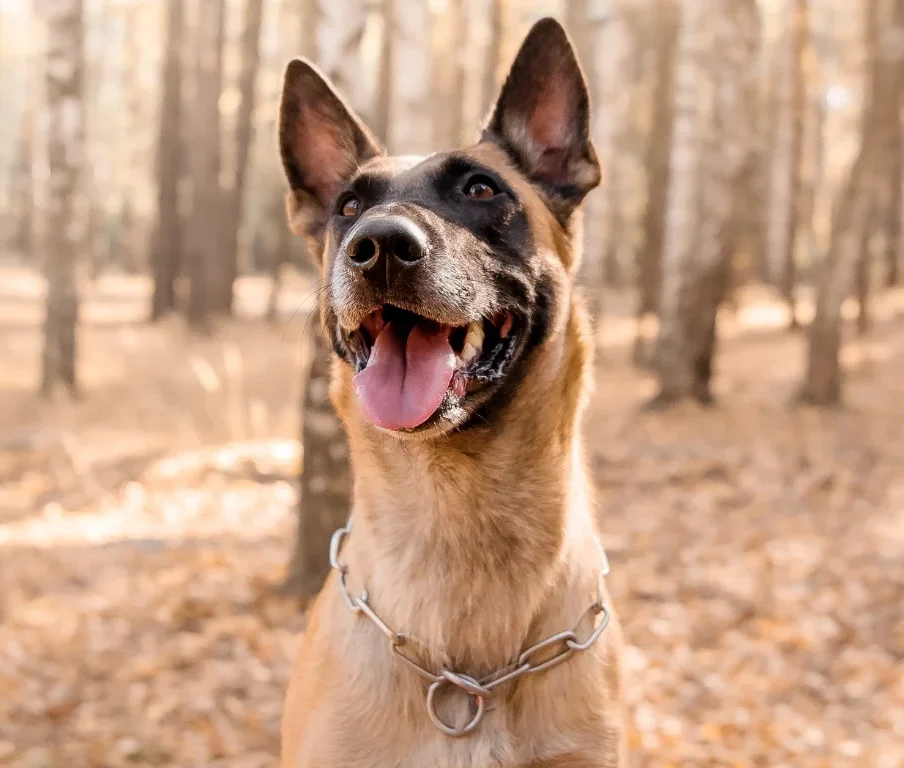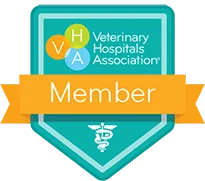Frequently Asked Questions
Don’t see your question below? Connect with our team of veterinary experts by calling 218-333-9010, and we’ll be happy to assist you.

We are open Monday through Thursday from 8 am – 5 pm and on Fridays from 9:00 am -12:00 pm (noon). We are closed on Saturday and Sunday.
We are located on Adams Ave NW. Our clinic is on the west side of Adams Avenue, 0.6 miles north of the high school corner.
Directions: From town, turn north on Adams Ave. from Division St., which is just west of the Bemidji High School. Our clinic is on the west side of Adams Avenue, 0.6 miles north of the high school corner.
If coming from the north off Highway 2, turn south at the traffic lights in front of Bemidji Regional Airport, which is Adams Ave. (County Hwy 11). We are just under 2 miles south of the airport.
Yes, we request that you schedule an appointment to minimize wait times and respect the scheduled appointments of other clients. We do understand that there are daytime emergencies that you are unable to schedule. We will do our best to accommodate emergencies during business hours in a timely manner. Please call us at 218-333-9010 to schedule an appointment.
We accept cash, Visa, Mastercard and Discover.
No, we require payment at the time of services.
We do not offer after-hours emergency services at Headwaters Veterinary Center. If your pet needs emergency care after business hours, we recommend Red River Animal Emergency Hospital located at 4491 23rd Ave S. Fargo, ND 58104 (701-478-9299). Other Emergency facilities include Blue Pearl Specialty and Emergency Pet Hospital in Duluth (218-302-8000) and Blue Pearl Specialty and Emergency Pet Hospital in St. Cloud (320-258-3481).
Annual exams are important to make sure healthy pets stay healthy and to catch health problems early before they become more serious. At the annual visit, the doctor will consider your pets age, health, and lifestyle to determine their vaccine requirements. At this time, recommendations will also be made regarding grooming, diet, exercise, and behavior. For older pets especially, it is ideal to have an exam every 6 to 12 months, since their health can change very quickly, and early detection of health issues allows better treatment and prevention.
There are many good foods available through retail outlets. We provide prescription diet options here at the clinic as well. Some top-quality pet food brands include the following: Royal Canin, Hills Science Diet, Purina Pro Plan and Eukanuba. We recommend that all grain free diets are avoided, especially in dogs.
Click here to learn about the FDA’s warning regarding grain-free foods for pets.
Certain human foods, such as chocolate, sugar free gum, grapes and raisins can lead to toxicity issues with dogs and cats. These toxins can result in seizures, heart arrhythmias, organ failure, and death. Many other human foods are not directly toxic but contain a high enough fat content that they can cause vomiting, diarrhea, pancreatitis, and gastrointestinal discomfort. Pancreatitis can be life threatening to your pet and this can be brought on with only a small amount of a fatty meat such as certain cuts of steak and ham. If your pet has ingested a potentially dangerous or toxic food or substance, please call us at 218-333-9010. If it is after hours or you are unable to reach us immediately, please call the Pet Poison Helpline. They are available 24/7 and can be reached at 1-855-764-7661.
With easy access to higher calorie foods and treats these days, pets are more prone to obesity issues. Obesity in animals can lead to diabetes, heart disease and a shortened life. Click here to assess the body condition of your pet.
Human shampoo is not recommended for pets. The pH of a dog or cat’s skin is different from that of humans. Bathing your pet with your own shampoo can lead to excessively dry skin, skin flaking and itchiness. Our veterinarians can recommend over the counter pet shampoos or prescribe specially formulated shampoos depending on your pet’s skin needs.
The most common reason that a dog “scoots” their back end across the floor or ground is to empty their anal glands. These anal glands are located on either side of the rectum at roughly the 3 and 9 o’clock positions. Both dogs and cats have anal glands. These glands normally contain an odiferous liquid that is expressed when your pet has a bowel movement. Sometimes one or both glands will not empty appropriately, and the fluid inside will start to build up. This increased pressure can cause your pet discomfort and, if allowed to accumulate for a long time, can lead to infection and abscessation. If you note your dog or cat scooting or licking at their back end more frequently, we recommend you schedule an anal gland expression appointment. Having those glands expressed before they become infected can save your pet from a lot of discomfort and save yourself from the greater expense of anal gland flushing/medicated infusion that may or may not require the sedation of your pet.
Most dogs are considered seniors between the ages of 5 and 10 years. Most small and toy breeds live to 12 to 14 years of age. Large breeds such as Labradors and Golden Retrievers live to 12 to 14 years of age. Many of the giant breeds such as Great Danes, Mastiffs and St. Bernard’s have a life expectancy of 8 to 10 years.
Additional Resources
Learn more about your pet’s allergies and what food allergies they may have by clicking the buttons below.

